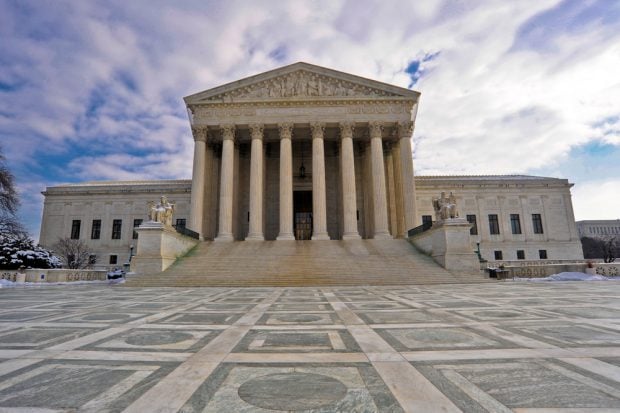Owners of depleted corporate capital aren't likely to get it back, even if loss estimates that supported the write-downs were too high, according to a statement issued Nov. 16 from NCUA Chairman Debbie Matz.Matz referred to the regulator's closed Nov. 5 meeting with corporate credit union leaders, saying the NCUA has "carefully weighed the issues and considerations raised by stakeholders."According to a copy of a "Discussion Framework" document produced by the Association of Corporate Credit Unions, corporates challenged the NCUA's interpretation of accounting rules that require corporates to impair investments based on future loss estimates, and, if actual losses aren't as high as estimated, they are prevented from applying earnings directly to capital accounts.The ACCU recommended that the NCUA clarify its 09-CU-10 Letter to Credit Unions to "reflect that a corporate's board of directors has the discretion and authority to replenish capital if loss projections don't materialize and asset values recover."The corporate trade association also asked the NCUA to allow corporates to deplete capital on an annual basis, rather than quarterly, allow corporates to operate with a retained earnings deficit "similar to other financial institutions," extinguish capital only when actual realized losses exceed retained earnings, and use the corporate stabilization fund as a buffer between current capital and newly contributed capital.The ACCU reasoned in the document that the NCUA's guidance that corporates eliminate retained deficits by writing down capital is not required by GAAP or NCUA regulations nor do those regulations "require capital account depletion to be a permanent event.""As a matter of business law, extinguishment of a contractual liability can only be granted by the creditor (not the debtor) or in conjunction with a business liquidation," the ACCU wrote. "NCUA's actions not only extinguish the obligation, it arbitrarily restructures the contributed capital into an earned capital category if the estimated losses don't materialize."Matz also sourced legal arguments in the NCUA's release."Any successful solution will hinge on whether or not current holders of depleted capital accounts can legally retain some form of rights to any future earnings on corporates' 'legacy assets'", Matz said."At this time, it appears unlikely that earnings or losses from legacy assets can be isolated or set aside in ongoing corporates. Nor can corporates' depleted capital be frozen in a way that would preserve the integrity of their capital going forward."Matz added that the NCUA is "exploring creative ideas" that will allow capital holders to benefit "if confirmed losses are less than recognized losses." However, any alternatives "must be consistent with all legal and accounting requirements, and uphold the fundamental purpose of capital."–[email protected]
Complete your profile to continue reading and get FREE access to CUTimes.com, part of your ALM digital membership.
Your access to unlimited CUTimes.com content isn’t changing.
Once you are an ALM digital member, you’ll receive:
- Critical CUTimes.com information including comprehensive product and service provider listings via the Marketplace Directory, CU Careers, resources from industry leaders, webcasts, and breaking news, analysis and more with our informative Newsletters.
- Exclusive discounts on ALM and CU Times events.
- Access to other award-winning ALM websites including Law.com and GlobeSt.com.
Already have an account? Sign In
© 2024 ALM Global, LLC, All Rights Reserved. Request academic re-use from www.copyright.com. All other uses, submit a request to [email protected]. For more information visit Asset & Logo Licensing.









